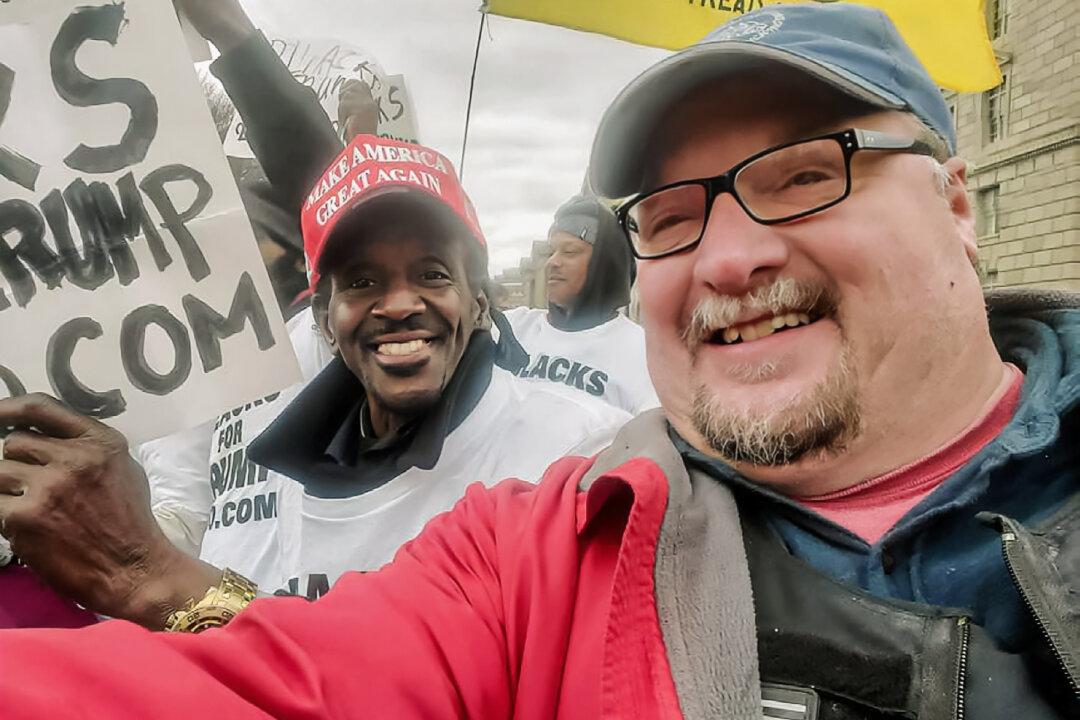The Supreme Court is set to hear oral argument over the Justice Department’s (DOJ) use of an Enron-era obstruction law to charge individuals at the U.S. Capitol breach on Jan. 6, 2021.
Their decision in the case—Fischer v. United States—is thought to bear on the DOJ’s prosecution of former President Donald Trump in the federal election case, as well as hundreds of other Jan. 6 prosecutions.





